#CAADPPP2023 - African NSA's building constituencies on agri-foods & biennial review report
Non state actors are working tirelessly to ensure greater involvement and participation of as many constituencies as possible in issues related to agri-food systems, agriculture and biennial review
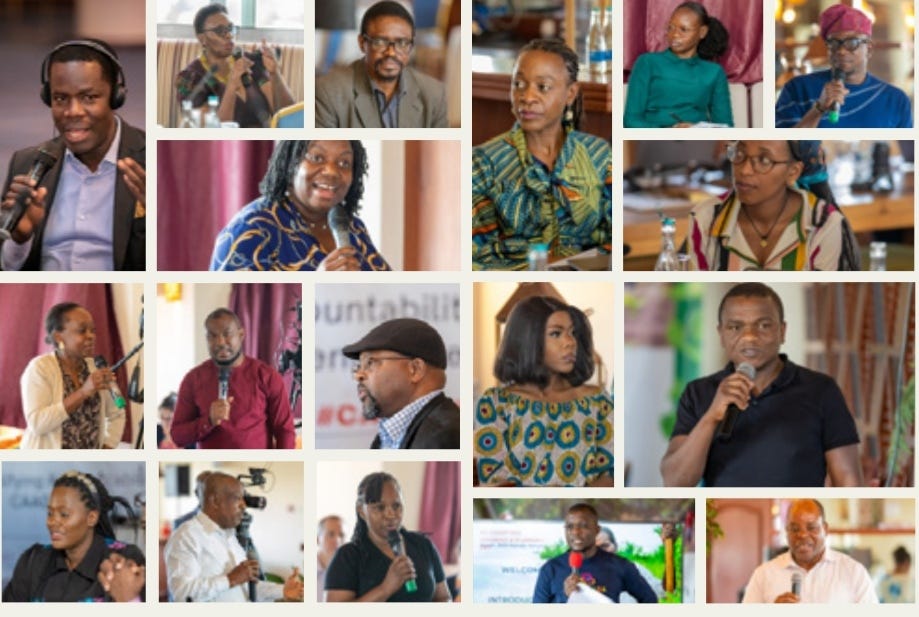
LUSAKA, Zambia (Planet Defence) - As hunger threatens the lives of 250 million Africans, non-state actors continue to play a critical role in their quest for a novel collaborative initiative that seeks to harness the energy and power that country - elected parliamentarians have to influence progress in agri-food transformation.
All this energy emerged from fortnightly virtual meetings following a training in March, 2022 in Abidjan, Corte D’ Ivoire. The behind doors meeting have led to the formation of the African Food Systems Parliamentary Network (AFSPaN) expected to champion issues related to agriculture and food systems both inside parliament and beyond at national level from now onwards.
AFSPaN model for action-driven change towards a common position and strategy states that legislators will amplify use of synthesized evidence to drive country actions by amplifying three flagship issues through financing transformation namely inter-African trade, import bill and nutrition.
The legislators network comes handy to drive the Comprehensive Africa Agriculture Development Programme (CAADP) at grassroot level and ensure perennial hunger coupled with climate change shocks are well cushioned so that the aspirations towards Africa’s Agenda 2063 #TheAfricaWeWant are achieved.
As a monitoring tool towards assessing Malabo declaration targets, African head of states on 10th February, 2029 in Addis Ababa, Ethiopia endorsed target of 6.6 on the Biennial Review score card report as a benchmark that countries were on track.
However, according to the last Biennial Review report outcome, forty – five countries scored below 6.6 meaning performance was under below require benchmark.
The African Agriculture Transformation Scorecard is African Union assembly measurement on the implementation of Malabo declaration for accelerated agricultural growth and transformation for shared prosperity and improved livelihoods among its member states.
A critical area handy for parliamentarians is a need to address the issue of providing data at national level to enable assessment. From the results of the last Biennial Review most countries did not even took time to provide data for analysis. These include Algeria, Egypt, Libya, Comoros, Sao Tome and Principe and Republic of Sharawi.
This is where the role of parliamentarians becomes in to act as movers and shakers on the ground.
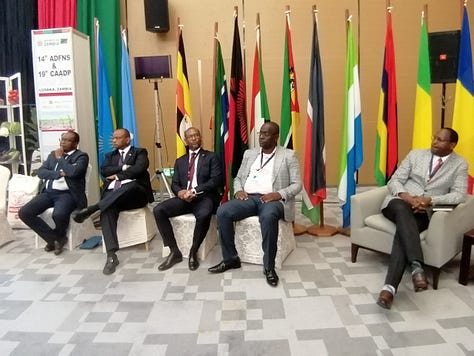
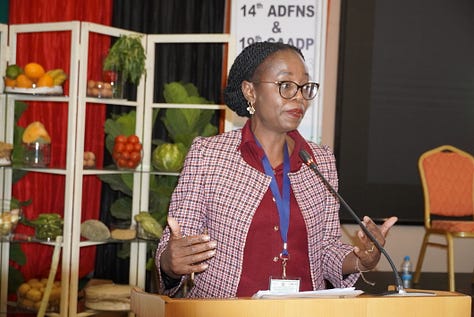
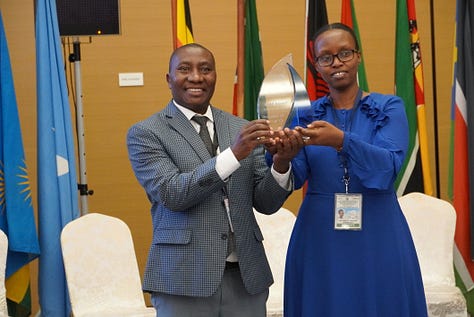
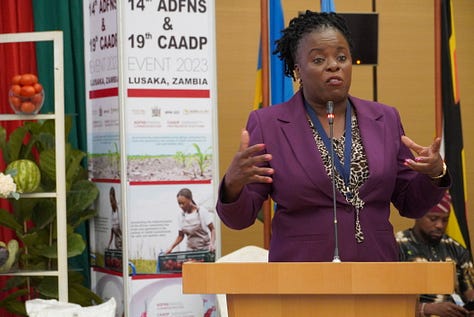
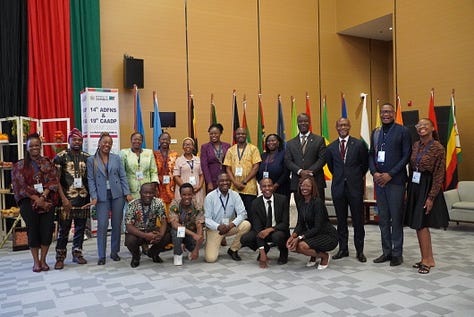
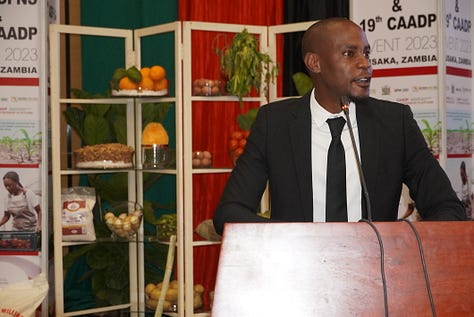
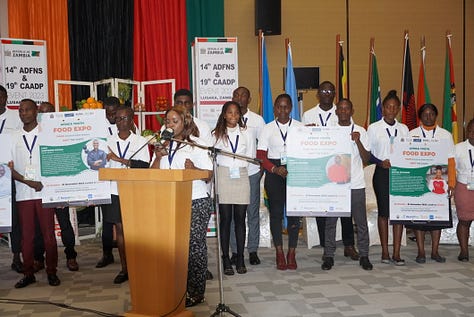
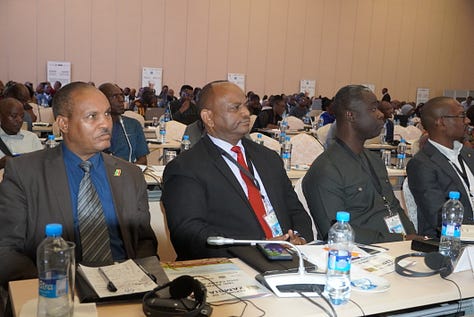
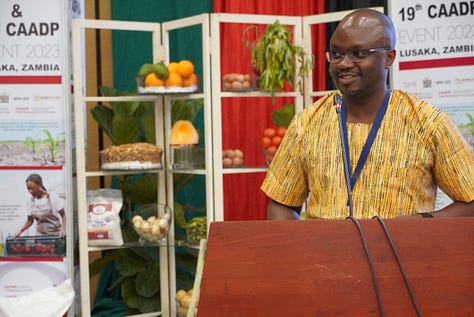
A briefing paper on the African Union CAADP Non-State-Actors engagement 2022-2023 states that the Biennial Review is the most authoritative data, analytical, report production, and approval process covering agri-food systems on the continent.
Yet insufficient stakeholders in national governments or outside across Africa are not familiar with the process and findings. Evidence shows that Africa's agricultural growth and transformation have been faltering since 2015, worsened by climate-induced shocks and the covid pandemic. There is work to do for Africa to get back on track to meet the goals of the Malabo declaration.
This is only possible if some influential constituencies hold governments accountable for national performance using the Biennial Review.
It has also been observed that the first Biennial Review (launched in 2018) and the second Biennial Review (launched in 2020) had insufficient non-state actor engagement to raise awareness and encourage utilisation of the African Union CAADP Biennial Reviews in policy formulation and implementation efforts.
As a result, Biennial Review Report remained at ministry and Regional Economic Community level with limited country-level utilization or accountability. In early 2022, recognizing the enormous opportunity that the third Biennial Review presented, a core group of non-state-actors agreed to work together to raise awareness and generate an understanding of the Biennial Review among key stakeholders – other non state actors, Parliamentarians, Journalists, CAADP focal points in ministries of agriculture - that are integral to policy and planning.
This loose network of NSAs working together to amplify third Biennial Review included representation from: Networks of non state actors – ECOWAS, EAC, SADC, Youth, Media, and smallholder women farmers International and Pan-African NGOs - ActionAid, Oxfam, Care, Trust Africa, Christian Aid, Shamba, ONE, SDG2 Hub, Akademiya 2063, Policy LINK, AGRA, and Wasafiri, amongst others AU CAADP DREA team through the AU stakeholder liaison officer.
With each new Biennial Review cycle, non-state actors have potential to increase the effectiveness in efforts to support the development and use of Biennial Review reports. The NSAs’ successful mobilization and engagement of nationally elected parliamentarians leading to the setting up of the parliamentary network will provide several strategic entry points at grassroots level.



